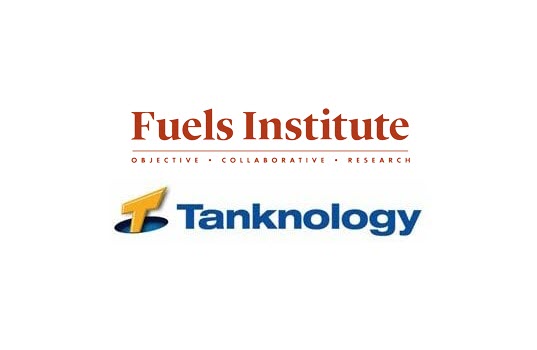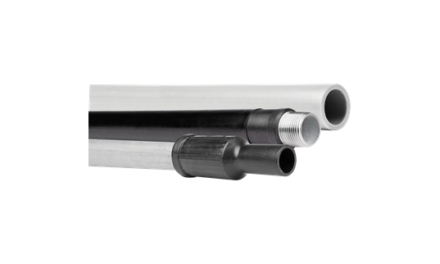Tanknology Inc., a leading international provider of environmental compliance testing and inspection services, has announced a partnership with the Diesel Fuel Quality Council, part of the Virginia-based Fuels Institute, to collect diesel samples as part of a nationwide fuel quality study.
Tanknology was chosen to partner with the Fuels Institute for their nationwide reach, highly-trained technician base and previous field study experience. In 2016, Tanknology worked with Battelle, under the direction of the United States Environmental Protection Agency (EPA), to collect fuel samples for a study on Severe Corrosion of Metal Components in Underground Storage Tanks (USTs) Storing Diesel Fuel.
Tanknology’s scope of work for the Fuel Quality study is a customized process that utilizes their existing technician base to extract fuel samples. Tanknology technicians will use ASTM procedures to collect the samples from nearly 200 geographically diverse fueling sites.
Nozzle samples will be tested for non-microbial physical and chemical properties and tank samples will be tested for microbial contamination and water. In-tank samples will be drawn from the tank bottom and the middle of the tank.
The study has two goals: first, to understand the quality of diesel fuel coming out of the nozzle by evaluating fuel properties that affect engine operations; and second, to understand the quality of fuel sitting in storage tanks by evaluating properties that contribute to corrosion and product contamination. Sample collection will begin in April and continue throughout May.
“We are honored to partner with the Fuels Institute on this important effort,” said Allen Porter, Tanknology CEO and President. “Our strengths, and that of the Fuels Institute are highly complementary, and we feel that this study could help the industry better understand the fuel quality issues that are plaguing the industry today.”
“We chose to partner with Tanknology due to their breadth of experience with national sampling studies, the diversity and size of their current customer base, and their reputation for quality and excellence,” said Amanda Appelbaum, Director of Research for the Fuels Institute. “We are hopeful this project will provide the Council a snapshot of diesel fuel quality in the U.S. such that we may begin to understand exactly what in the fuel may be causing increased engine issues and what (if anything) we are able to do about it.”









